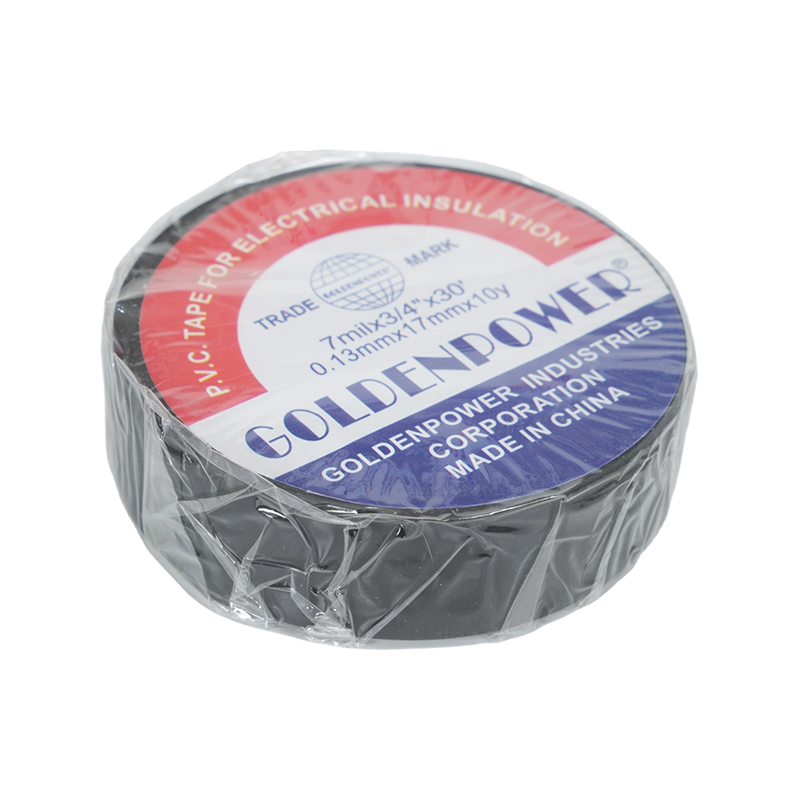Insulating Tape Trends and Professional Electrical Insights
When an electrician chooses a roll of insulating tape, the immediate question is often: Will this tape provide the necessary dielectric strength and thermal resistance for my installation? In modern electrical work, from control panels to vehicle harnesses, insulating tape plays a critical role in safety, reliability, and durability. Understanding market trends and practical performance helps professionals make informed choices.

Insulating Tape Usage in Electrical Installations and Wire Harnessing
Electrical contractors use insulating tape extensively for wiring in residential, commercial, and industrial applications. In panel installations, the tape ensures safe coverage of exposed conductors, prevents short circuits, and offers additional mechanical support. In automotive and renewable energy systems, tape secures wire bundles and protects connections from vibration, moisture, and heat. Market trends show that PVC tapes dominate general applications due to their versatility, while silicone and polyimide tapes gain traction in high-temperature or high-voltage installations.
Insulating Tape Performance and Material Comparison
Professional electricians consider three key performance aspects: dielectric strength, thermal resistance, and material type. PVC tapes typically operate between −18 °C to 90 °C and handle voltages up to 600 V, offering sufficient insulation for most indoor wiring. Silicone tapes tolerate temperatures up to 200 °C and maintain flexibility under vibration, making them ideal for motors or battery pack harnesses. Polyimide tapes withstand up to 260 °C and provide superior flame resistance, suited for electronics or specialized industrial equipment. Thickness and adhesive quality also affect reliability; for example, a 7 mil PVC tape may suffice for basic wiring, while high-temperature environments benefit from 9–12 mil silicone tapes.
Insulating Tape Applications in Real-World Scenarios
In practical applications, insulating tape serves multiple purposes. In control panels, it separates and protects wire phases, minimizing electrical hazards. In automotive harnesses, it bundles wires securely to prevent chafing and accidental disconnection. Industrial installations often require tapes that resist oil, solvents, and UV exposure while maintaining adhesion under vibration. Professional users highlight that careful selection of tape type improves safety, reduces maintenance, and ensures compliance with insulation standards. Comparisons among tape types reveal that silicone or polyimide variants outperform PVC in demanding conditions, but PVC remains the most cost-effective choice for standard wiring tasks.
Questions Electricians Should Ask Before Choosing Insulating Tape
To select the appropriate insulating tape, professionals should consider:
- What is the maximum operating temperature and environmental exposure?
- What voltage and insulation class are required for the installation?
- Which tape material balances cost and performance for this specific application?
- Is resistance to flame, UV, or chemicals necessary?
- Does the adhesive maintain grip under mechanical stress, vibration, or thermal cycling?
These questions ensure that tape selection aligns with real-world operational demands and safety standards rather than defaulting to generic options.
Market Insights and Professional Takeaways
Data indicate that insulating tape demand grows as electrical systems become more complex and performance standards rise. PVC continues to lead due to its affordability and general utility, while silicone and polyimide tapes address high-temperature, high-voltage, or specialized applications. Understanding material differences, electrical ratings, and practical performance allows electricians to make informed choices that improve installation quality, reduce risk, and enhance operational longevity.
In conclusion, insulating tape remains an essential component in professional electrical work. Evaluating material type, dielectric strength, temperature rating, and real-world performance ensures safety, reliability, and cost-efficiency across residential, commercial, and industrial installations.


 ENG
ENG
 Español
Español عربى
عربى











